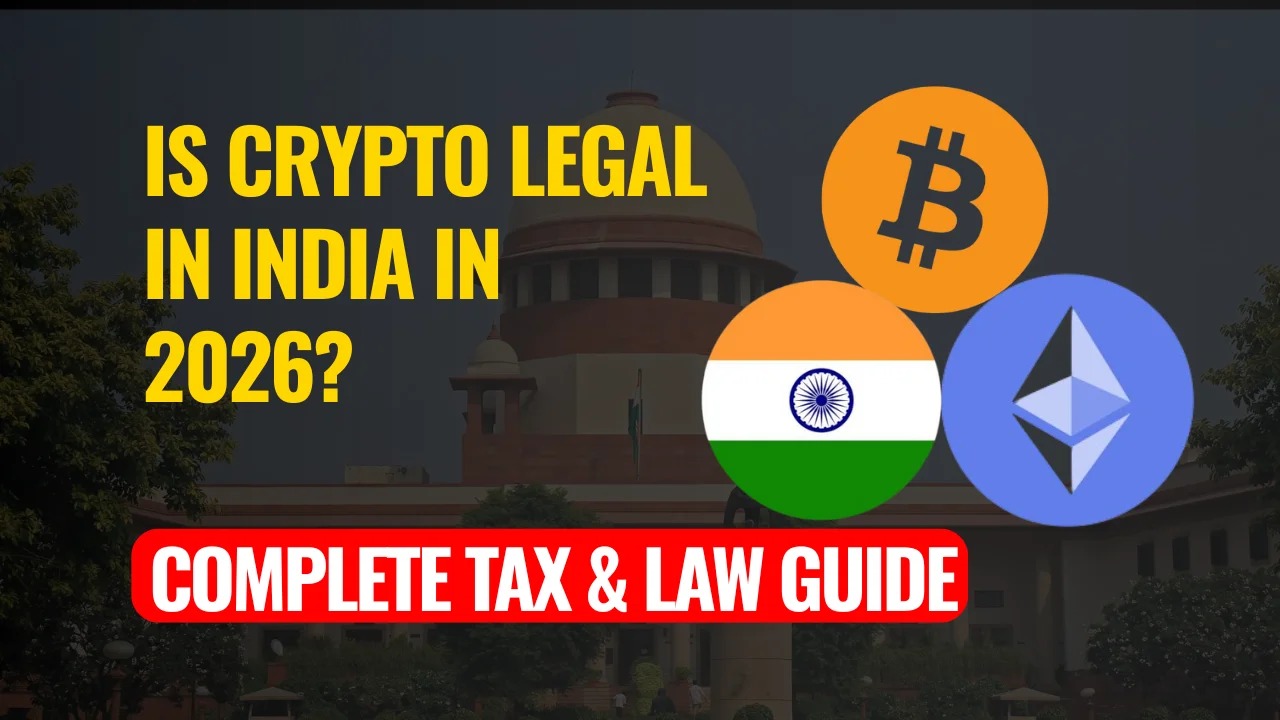Panckridge, J.@mdashThe Plaintiffs instituted this suit on July 30, 1934, for a declaration that they were entitled to obtain certain licenses in their names and that the Defendants had no right to obtain such licenses. They also asked for an injunction restraining the Defendants from applying for and obtaining licenses and from utilising the export quota obtained by them for their own benefit and from transferring their rights thereunder. On the same date on which the plaint was filed a petition was presented asking for an interlocutory injunction pending the determination of the suit. I understand that an interim injunction pending the hearing of the petition was made, and the matter now comes before me for consideration whether that interim injunction should be maintained as an interlocutory injunction pending the disposal of the suit. The Plaintiffs describe themselves as a partnership firm : the first Defendant is a limited company and the owner of a tea garden called the Ludhua Tea Estate. The second Defendant is also a limited company holding the position of managing agents of the first Defendant company. The third Defendant is a person to whom the right, title and interest of the tea company in the tea garden I have mentioned, have been hypothecated under a Bengalee Instrument of Hypothecation, dated February 21st, 1933.
2. It appears that the Directors of the tea company passed a resolution on July 21st, 1933, which was confirmed by them on July 26th, 1933. In pursuance and under the authority of these resolutions the Managing Agents of the tea company executed on the tea Company''s behalf a document dated July 29th, 1933. Under that document the tea company, for the consideration therein set out, agreed to assign to the Plaintiffs the licenses to be obtained by the company and the full quota of all benefits and advantages granted thereunder for the export of their tea-garden known as the Ludhua Tea Estate for the successive tea seasons beginning with April 1st, 1934, ending with March 21st, 1938. The tea Company also undertake to apply for and obtain such licenses and to transfer them, when obtained, to the Plaintiffs, There is also a clause in the agreement appointing the Plaintiffs the tea company''s attorneys to apply for and obtain the licenses.
3. What has happened is this. The tea Company or the Directors of it now desire to repudiate the validity of the agreement of July 29th, 1933. In the affidavit in opposition filed by the tea Company as also in an affidavit filed on behalf of the mortgagee Defendant, various objections have been taken to the formal validity of the resolutions and to the power of Directors and Managing Agents to do what they have purported to do.
4. The learned Standing Counsel who appeared for the mortgagee has conceded that on the materials before me I must treat the resolution and the document as in order, and that there are no materials which would justify me in holding them to be invalid on the grounds suggested in the two affidavits I have mentioned. The point which he has taken is that I should not restrain his clients by injunction from obtaining a transfer of the licenses to be obtained by the tea Company, a transfer which the tea Company propose to make to him, if they are permitted to do, because they form part of his mortgage security, and therefore the tea company were not in a position in July, 1933, to assign their rights to the licenses to the Plaintiffs. The rights of the parties in this matter seem to me to depend upon the construction of the Indian Tea Control Act 1933, which received the assent of the Governor General on September 21st, 1933, and came into force on a subsequent date notified in the Gazette under the Act.
5. Under sec. 12 (i) of the Act no tea can be exported overseas unless covered by a license issued by or on behalf of the Indian Tea Licensing Committee constituted under the Act. By sec. 14 (i) the Committee have power to determine what shall be the export quota of a tea estate for each financial year. Under sec. 15 (i) the owner of a tea estate to which the quota has been allotted in any financial year has the right to obtain export licenses up to the amount of the quota. By sub-sec. (ii) of the same section the right of the owner of the tea estate to obtain such licenses may be transferred in whole or in part, and the transferee shall thereafter have a right to obtain export licenses up to the amount covered by the transfer or up to the amount of the unexhausted balance of the quota whichever may be less.
6. It has been pointed out to me that although to obtain a quota a person must be the owner of a tea estate, and although it appears tobe contemplated that the extent of the quota shall bear some relation to the potential production of that estate, the tea which the owner is permitted to export on the basis of the quota is not limited to the tea which is the produce of his estate. The owner of a tea estate on being allotted an export quota has a right to obtain licenses which will enable him to export any tea up to the extent of that quota whether produced by his particular estate or not. Moreover, under sec. 15 (ii) that right can be assigned quite apart from the ownership of the estate. It can be assigned to the owner of another estate or to a person who owns no tea-producing land at all.
7. I mention this because my attention has been drawn to an unreported decision of Remfry, J. [A. W. Figgis & Co. v. Durgaprosad Tea Co. Suit No. 2467 of 1933, decided 20th July, 1934. Unreported] to the effect that in a mortgage which he was then considering, the mortgage of the tea crop transferred the right to the export licenses. I say nothing with regard to the merits of the decision as I am not properly informed as to the particular circumstances, but with great respect to Remfry, J., he appears to me to have been under the impression that the licenses were licenses to export the tea which was the produce of particular estates, and not tea in general.
8. It therefore appears to me that the right to obtain licenses to export tea in general, such licenses being freely transferable to persons who have no interest either in the particular tea estate in respect of which the quota has been granted, or in any tea estate, cannot be said to be comprised in the right, title and interest of the owner of the tea estate in question: in other words, under the document of February, 1933, when the tea Company purported to mortgage in favour of the third Defendant their right, title and interest in the tea gardens mentioned in the Schedule to the mortgage, they did not transfer or affect the right which they subsequently obtained under the Indian Tea Control Act of 1933 to obtain licenses to export tea up to the amount of their export quota.
9. I am fully sensible that, if I am right, the legislation of 1933 may cause hardship to persons who have lent money on the security of tea crops, for if they can neither freely dispose of their tea without a license nor compel the mortgagor to assign in their favour the licenses which he obtains as owner of the mortgaged property, it is clear that the value of their security is very considerably diminished. However, I cannot permit myself to be moved by such considerations, and it appears to me that the Plaintiffs have established a case for asking the Court to prevent the tea company from violating its agreement with them and to prevent the mortgagee taking advantage of such violation. In the circumstances I make an interlocutory injunction in the terms prayed. Costs will be costs in the cause.

